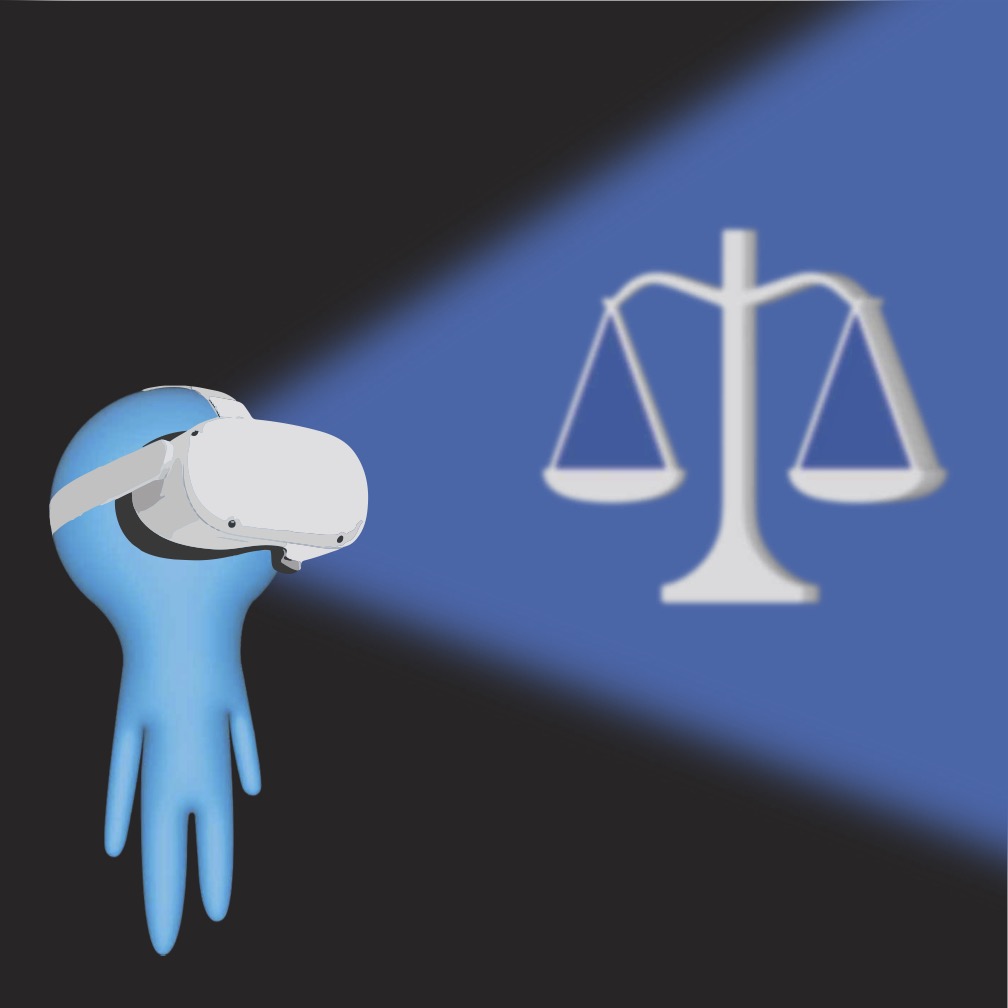Does teaching ethics make people more ethical?
If it did, the world would likely be a far better place, with more volunteers and charitable institutions and fewer corrupt politicians and businessmen.
The topic has not been extensively studied, but if our approach to teaching ethics was effective at helping people behave ethically, the experts on ethics, would easily be the most ethical individuals around. However, as the philosopher Eric Schwitzgebel discovered, it’s likely they’re no more ethical than anyone else.
In fact, a running joke on the popular sitcom, “The Good Place,” was that the moral philosophy professor who taught others how to be good people was not a paragon of virtue himself.
So, how do we make ethics education more effective? We need techniques for teaching that are not just focused on learning the concepts and theory, but also cultivating ethical behavior. We need it to become second nature.
But, if teaching ethics doesn’t do that, then what does? Well, think about ways we can learn a new language, for instance. One way would be to take a language course in a university and read books that teach us about the language. Another approach is full immersion, where we learn a language in a fully authentic way, traveling to an area where the language is spoken and surrounding ourselves with it. This approach has proven to be a more effective way to learn a new tongue.
Our strategies for teaching ethics should take a page from language immersive techniques. We need to entirely engage students in situations that challenge them with moral issues, compelling them to learn by confronting problems, rather than just learning theory.
We give teenagers permits to drive before they are old enough to get a license because we know that the experience of driving is more important than being told how to operate a car or passing a multiple-choice test. Likewise, ethics students should face controlled environments where they must experience and address moral issues.
But, how do we actually implement this?
Virtual reality provides fascinating opportunities. Using this technology, we can place students into deeply immersive ethical challenges that require them to make real-time and realistic decisions.
This technique is somewhat reminiscent of service-learning approaches in education. In service-learning, students work as volunteers where they learn through immersion. They take the concepts they have learned in class and apply them in real-world environments.
Virtual reality, though, allows us to do something that service-learning does not: it puts students in the shoes of someone else. Inhabiting another perspective cultivates empathy and changes behavior. This has been proven many times across a series of topics. In one example, a study found that having a White person inhabit the body of a Black person in a virtual reality environment can lead to sustained reduction in bias as a result of an increase in the participants’ empathy.
The key to helping students to become more ethical is using VR’s ability to cultivate empathy.
Let’s imagine that students are learning about the ethics of homelessness. Using Stanford’s “Becoming Homeless: A Human Experience,” VR can place students in the shoes of someone “who can no longer afford a home,” as they sell their possessions in an attempt to avoid being evicted, but end up sleeping in their car.
Another VR app called “We Live Here” allows students to spend time with Rocky, a homeless woman living in a tent in a park, as she explains how she ended up homeless. Being there and experiencing the lives of others, albeit virtually, are important steps to these issues becoming real to students and building empathy.
Virtual reality’s potential for teaching ethics is in its infancy. With better technology will come the ability to create more elaborate immersive experiences that will confront students with increasingly complex moral situations. The possibilities of using virtual reality for teaching ethics will only be limited by our ability to create new applications to address ethical issues.
Matthew Watts is a doctoral candidate in philosophy at the University of Miami, where he works on memory, cognitive science and technology.







